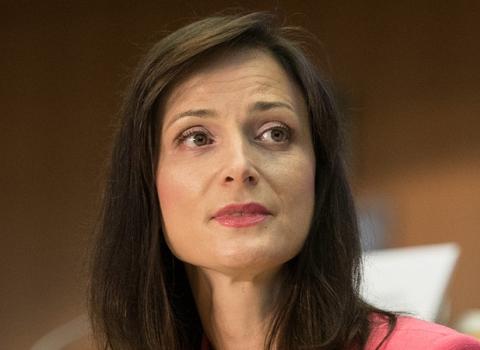The pandemic accelerated open science and cemented social media as a place for scientists to discuss their research. But 32% of researchers in a new survey said they or a colleague faced online abuse after posting their findings

The COVID-19 pandemic increased public interest in science but has not led to a better understanding of how it operates, according to a survey of 3,144 researchers around the world.
This has led to concerns by around half of those polled that their research is being over-simplified by the public on social media and by established media outlets, leading to its politicisation.
The study draws attention to the role world leaders such as former US President Donald Trump, former Brazilian President Jair Bolsonaro and current Mexican president Andrés Manuel López Obrador have played in undermining science and research.
The report found the increased attention given to science has had an impact on how researchers see their role in society, with 78% of those polled saying they believe the pandemic increased the importance of science bodies and researchers in explaining research findings to the public.
Whilst being thrust into this role, only 18% of respondents said they feel confident explaining their research findings on social media, and 32% said they have experienced or know a close colleague who experienced abuse after posting research online.
Despite this, there is a greater willingness on the part of academics and researchers to counter misinformation, with 23% saying they now see this as their primary role in society, compared to 16% who said this was the case before the pandemic.
The survey, Confidence in research: researchers in the spotlight, carried out by Economist Impact, part of the Economist publishing group, and the science publisher Elsevier, polled researchers in 100 countries between May and August 2022 and also held six regional roundtable discussions.
The pandemic increased public attention on researchers like never before, presenting opportunities for open science and policy influence, but also challenges around higher volume, speed and demand for simple stories, said Jonathan Birdwell of Economist Impact.
This raises the question of whether researchers have the confidence to embrace a more public-facing role and if their support structures and incentives are fit-for-purpose in this changing context.
“Our research finds that many researchers want to solve societal problems, influence policy and boost public understanding of research. But to do so confidently, they need more time to devote to communication, support in the face of online abuse and recognition of their public-facing contributions,” Birdwell said.
The report suggests several measures to help scientists and researchers, including formal training to help them effectively and ethically communicate their work and providing them with support if they face online abuse.
It also recommends researchers and scientists adopting more easy-to-understand formats when writing up their research, to avoid confusing policymakers, journalists and the general public and to prioritise consistent spending on research and development.





 A unique international forum for public research organisations and companies to connect their external engagement with strategic interests around their R&D system.
A unique international forum for public research organisations and companies to connect their external engagement with strategic interests around their R&D system.